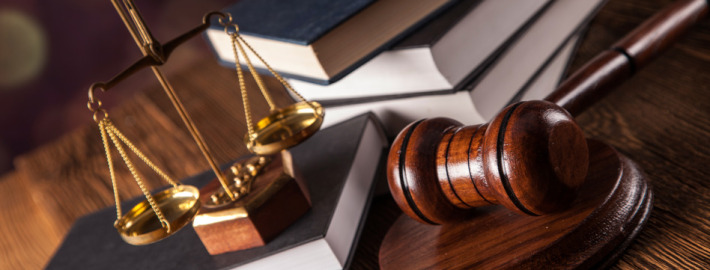“I Don’t Want To Include My House In My Bankruptcy!”
And so began my conversation with a caller who wanted information regarding bankruptcy. He explained that he and his wife are afraid they will lose their house if their lender discovers they filed for bankruptcy.
What bankruptcy filers sometimes don’t understand is that under the bankruptcy code, all of their assets and debts must be included in the bankruptcy case. The law requires a debtor (the person who files bankruptcy) to disclose all of their assets and debts on their bankruptcy schedules filed with the court. It is a violation of federal law to do otherwise, and failure to include all assets and debts could result in bad things happening to them, including denial of a bankruptcy discharge, or criminal prosecution and prison for bankruptcy fraud. So, regardless of the asset or the debt (or whether one wants to include it or not), it must be included in the bankruptcy.
But, one doesn’t automatically lose a house or car merely because they file bankruptcy. The vast majority of debtors are able to keep key assets like homes and vehicles after bankruptcy as long as they keep current on the payments (though car loans are a bit trickier). Post bankruptcy payments will reduce the outstanding lien balance so that when the lien is completely paid off, a mortgage lender will issue a mortgage discharge, and a vehicle lien holder will issue a lien release, in either case removing the lien from the asset title.



